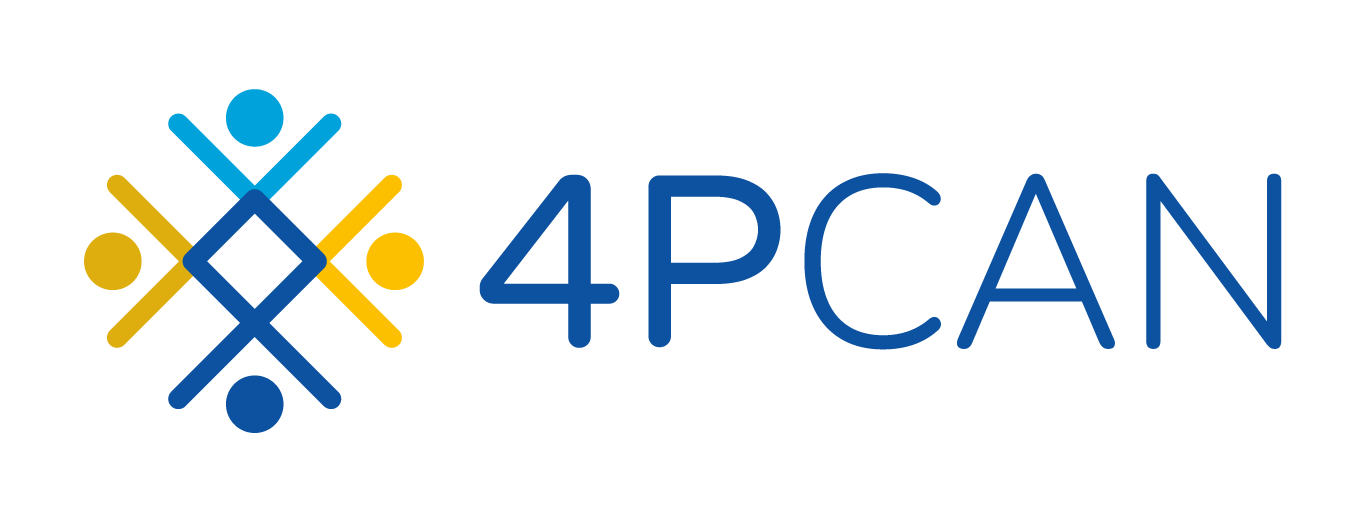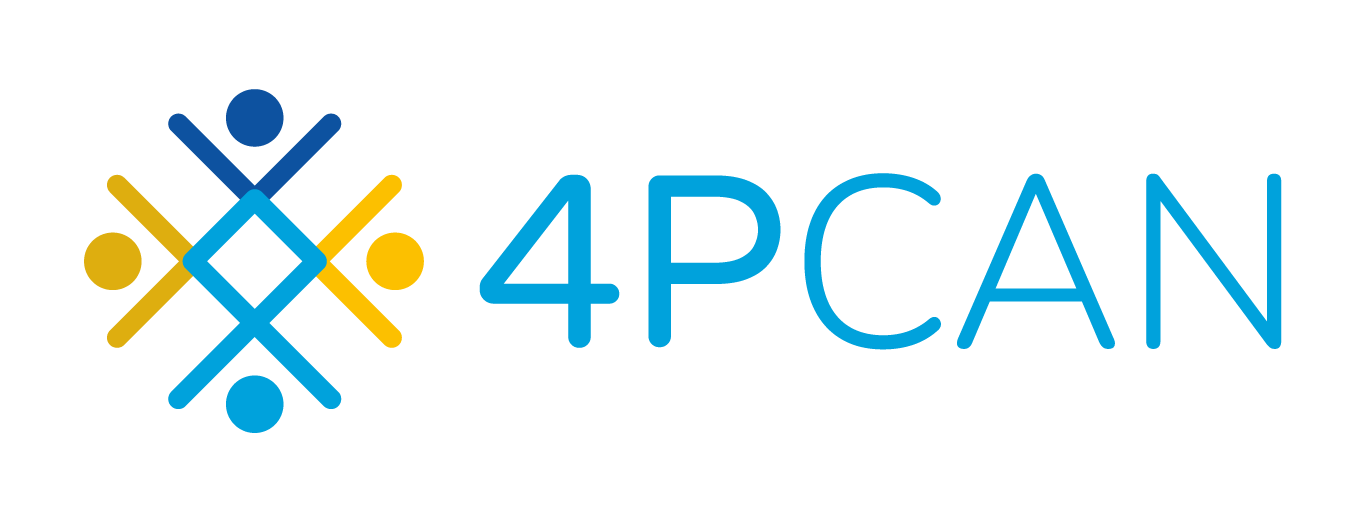D3.2 – Indirect cost analysis

This comprehensive economic analysis quantifies the indirect costs of cancer-related premature mortality across eight European countries, examining both macroeconomic burden and behavioural intervention pathways for cancer risk reduction. The research employs quantitative methodologies to assess productivity losses, fiscal revenue impacts, and policy intervention effectiveness within the framework of the 4P-CAN Horizon Europe project on personalized […]
D2.4 – Alcohol, food, sugar regulations analysis
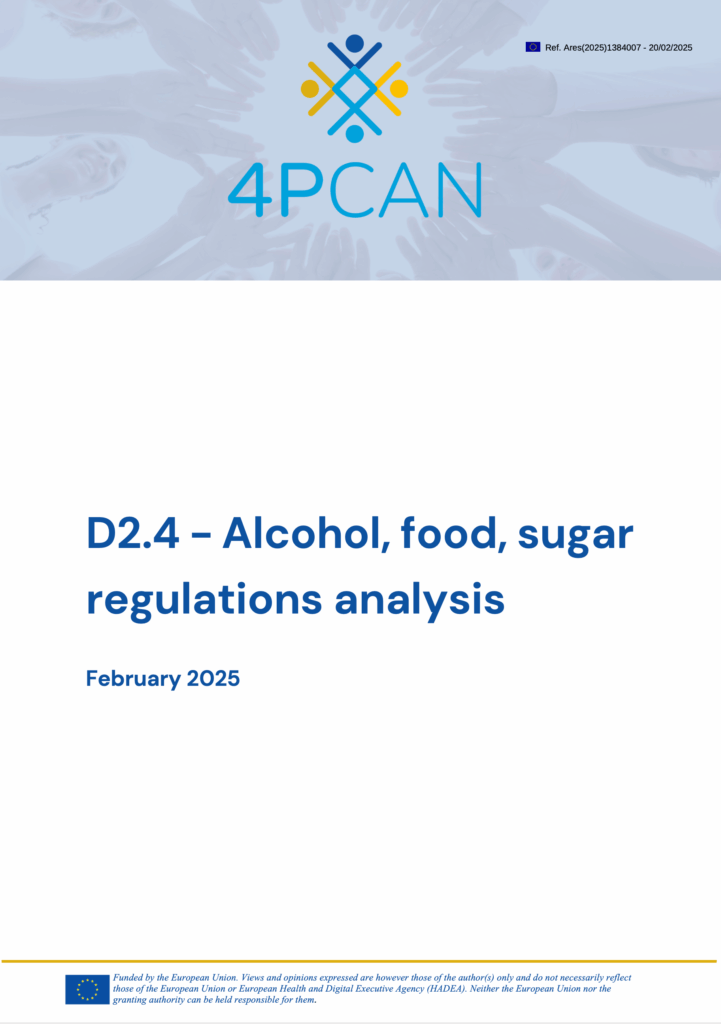
This report examines alcohol, food, and sugar regulations as part of the 4P-CAN project’s multi-level assessment of cancer risk factors. It evaluates national policies and regulatory frameworks across EU and non-EU countries, focusing on alcohol control, food regulations (including preservatives and artificial sweeteners), and sugar-sweetened beverage policies. Using literature reviews and supplementary research, the report […]
D5.1 – PNAs methodology
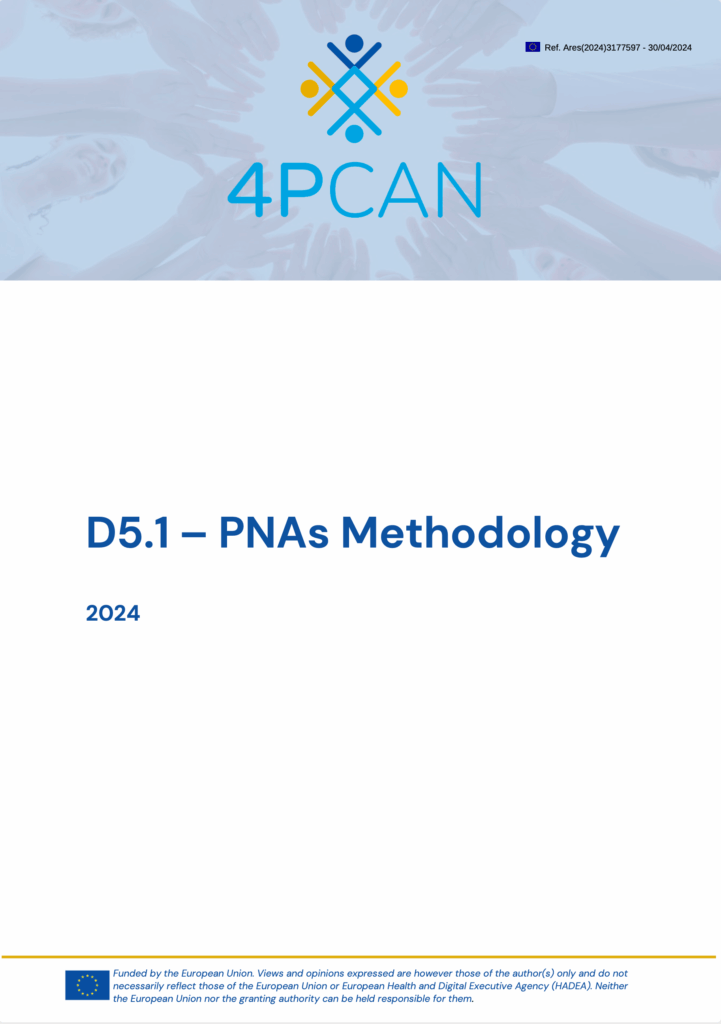
Cancer is a major health concern in Europe, especially in Romania. The 4P-CAN project uses Personal Network Analysis (PNA) to explore how social relationships influence health habits like smoking, diet, and exercise. In Lerești, Romania, researchers are studying over 80 participants to understand how social networks impact cancer risk. Findings show that people with similar […]
D2.2 – Paper on countries’ stakeholder profiles for CPP
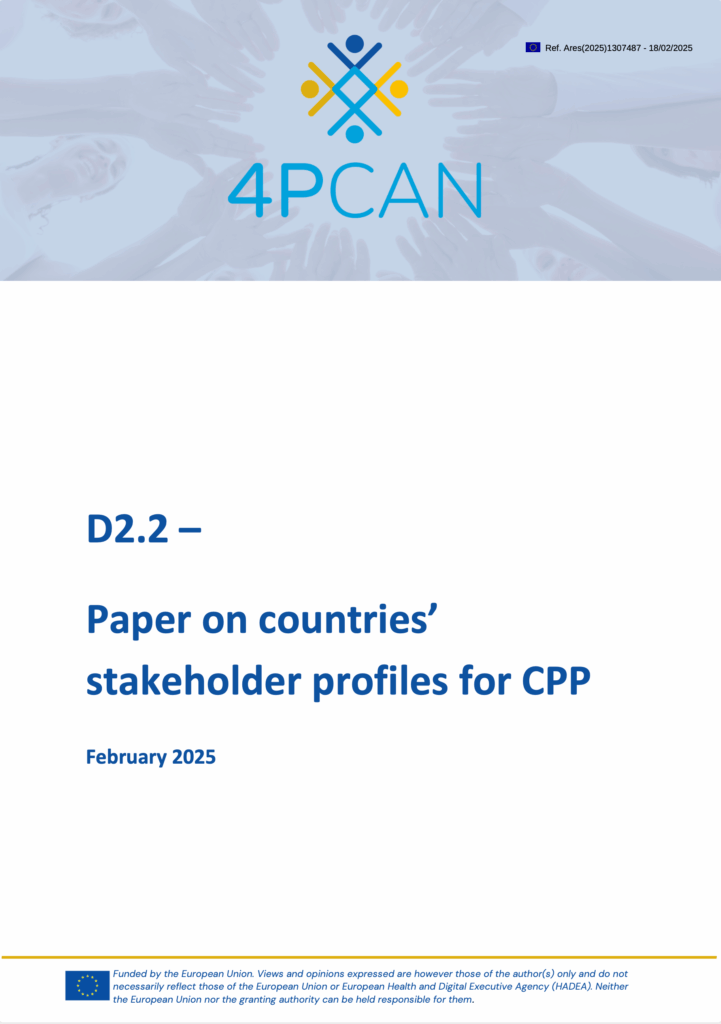
Cancer incidence has been rising in Europe, with notable disparities between Western and Eastern countries due to differences in risk factors like smoking. Cancer Primary Prevention seeks to address these modifiable factors, requiring collaboration across various societal sectors. This deliverable, using surveys and interviews with 110 CPP stakeholders across nine countries, found that while the […]
D1.4 – Quality Assurance – EAB

The deliverable emphasises the pivotal role of the External Advisory Board in contributing to the project’s success, underscoring the importance of their diverse expertise, experience, and valuable insights.
D4.1 – ECAC study transfer in Romania and Bulgaria Report

This deliverable extends the International Agency for Research on Cancer (IARC) qualitative study on the European Code Against Cancer (ECAC) to Romania and Bulgaria within the 4P-CAN Project. It evaluates the implementation of ECAC recommendations in these countries, identifying barriers and facilitators to cancer prevention through the COM-B behavior model and Behaviour Change Wheel. Aimed […]
D2.8 – Military-generated pollution and cancer
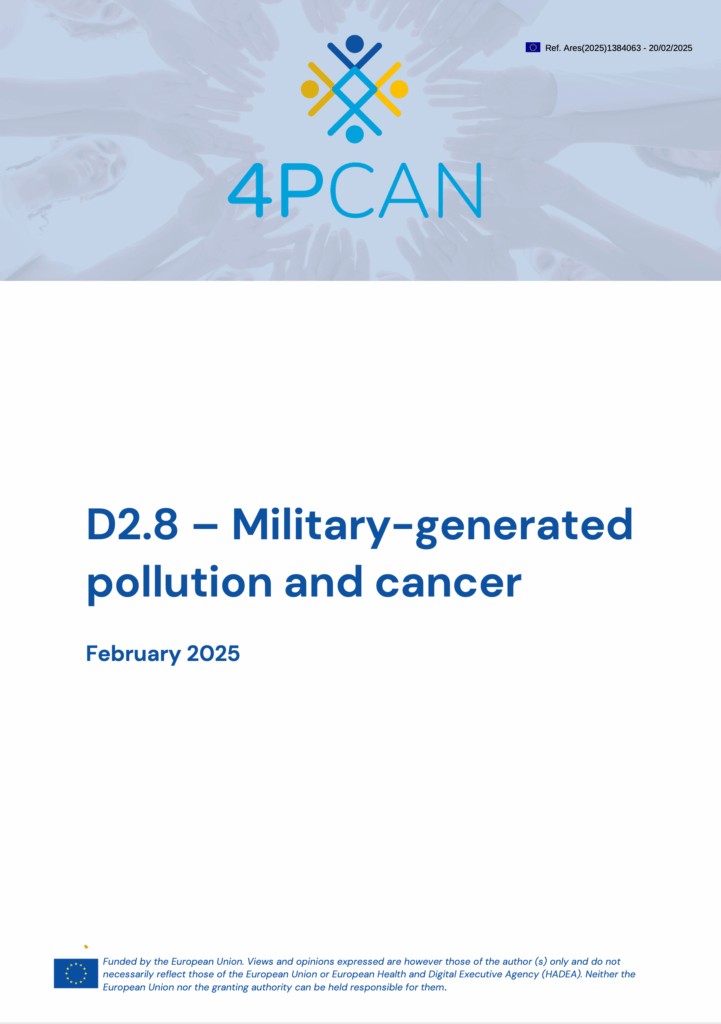
Military actions have significant short- and long-term environmental impacts, particularly on air pollution and cancer epidemiology. This report reviews scientific and grey literature, focusing on the Yugoslavian and Russian-Ukrainian wars. Findings show war-related air pollution may contribute to negative health outcomes, including reduced cancer survival rates, as seen during the Russian invasion of Ukraine. Although […]
D2.6 – Vaccination policies and best practices in 4P- CAN countries
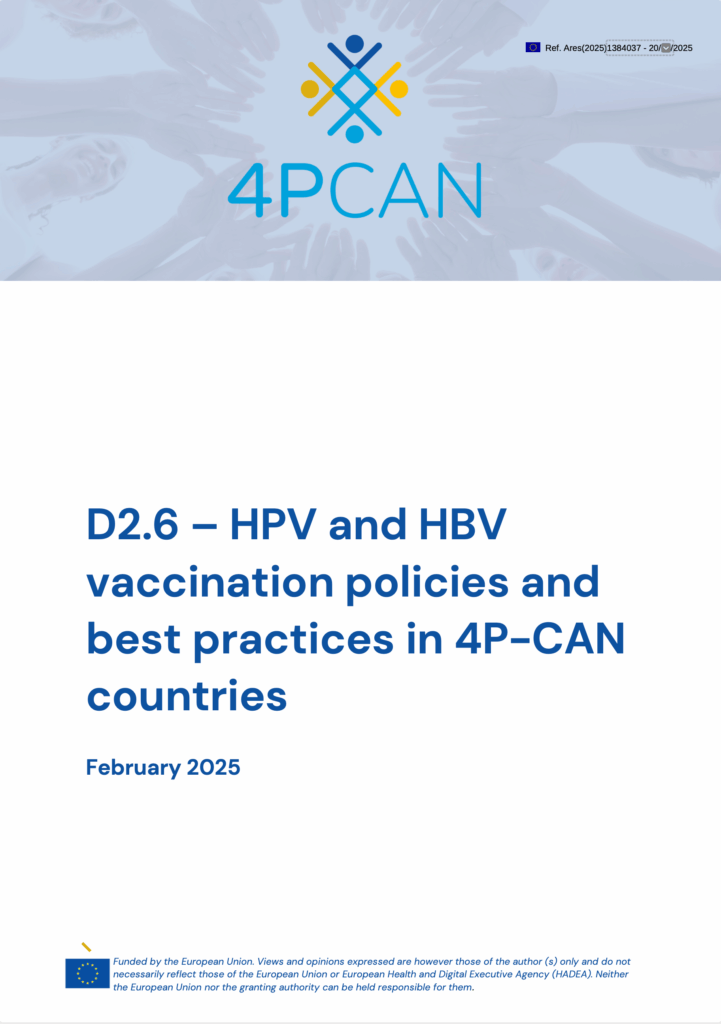
Cancer remains a major public health issue in Europe, with Eastern countries facing lower HPV and HBV vaccination rates compared to the West. The 4P-CAN project seeks to map vaccination policies, identify best practices, and address regional disparities. Despite effective vaccines, uptake in Eastern Europe remains low due to misinformation, limited healthcare access, and low […]
D1.1 – Management, Good Governance and Practices

Effective project management is key to the success of the 4P-CAN Project, led by INOMED’s Coordination team. Acting as a bridge between Project Partners and the European Commission, INOMED ensures strong governance, coordination, and support—especially for four non-EU countries new to EU funding. Success depends on timely milestones, efficient resource use, and the ability to […]
D2.3 – Tobacco regulation and legislation analysis

This report evaluates the implementation of EU tobacco control directives across EU and non-EU countries within the 4P-CAN Consortium, assessing policies, regulations, and enforcement levels. While all participating countries are parties to the WHO Framework Convention on Tobacco Control (FCTC), significant disparities exist, particularly between EU and non-EU nations, in taxation, smoke-free policies, health warnings, […]
